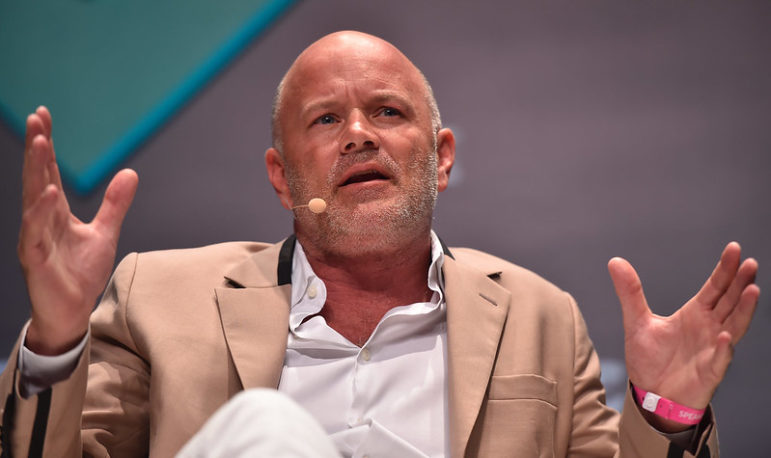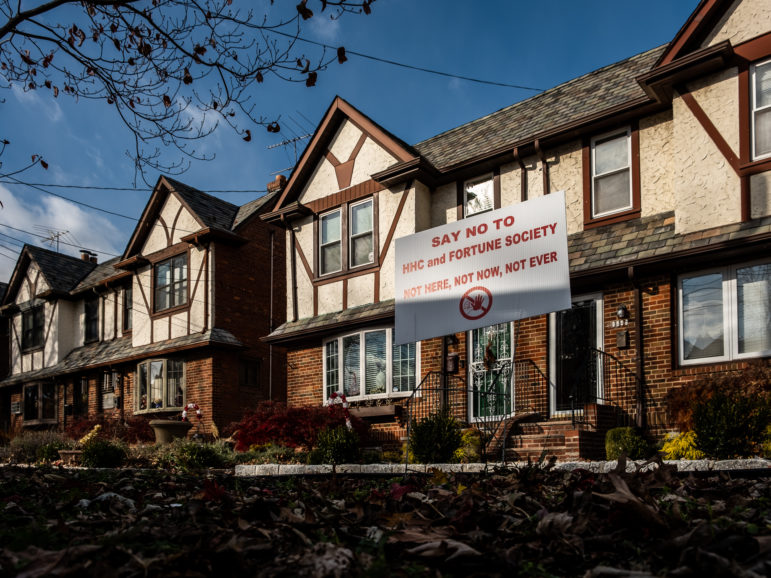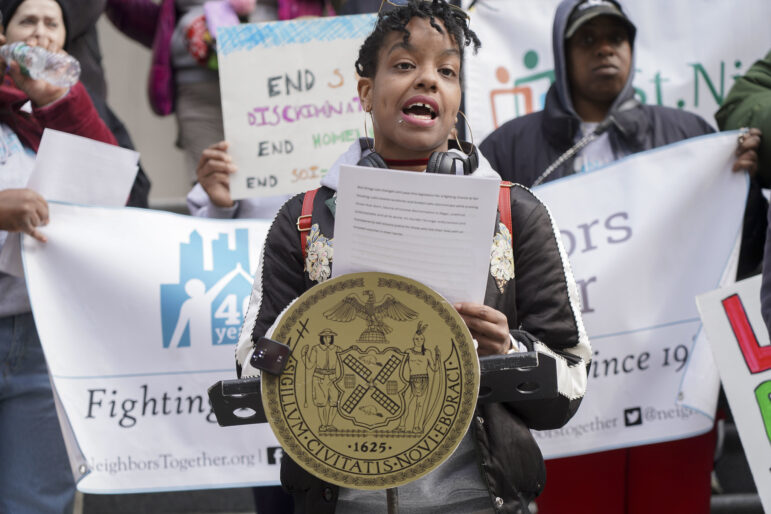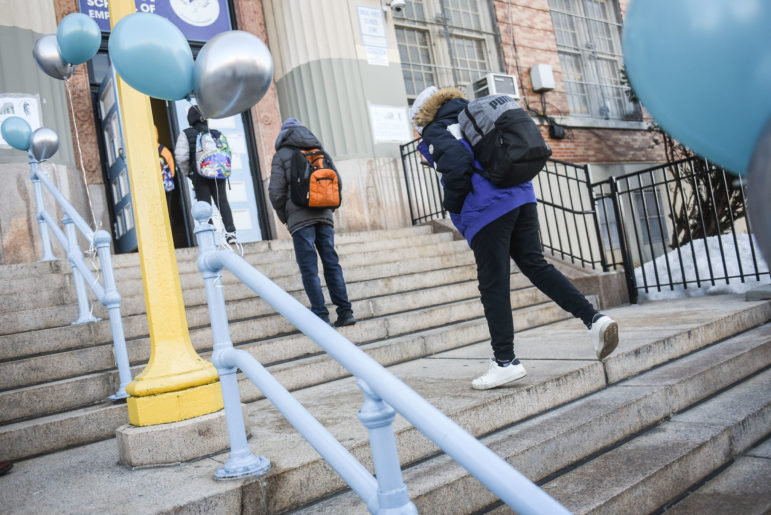
Seb Daly / RISE via Sportsfile
Michael Novogratz, CEO of Galaxy Digital, is one of several billionaires taking a leadership role in the debate about criminal-justice reform.
The 2020 presidential race is spurring more debate about the role and influence of billionaires in our country and political system. As the criminal justice reform movement grows, an increasing number of billionaires are getting involved as donors, including here in New York, home of many in the billionaire class.
This week, dozens of state legislators are gathering at the ritzy Ritz Carlton in Westchester for a conference on criminal justice reform in New York. More than 50 state legislators are scheduled to attend, including Speaker Carl Heastie and Senate Majority Leader Andrea Stewart Cousins. The agenda includes visiting a state prison to meet with people detained there, discussing recent policy changes championed by grassroots groups, and creating an agenda for criminal justice reform in New York State.
New York is home to a strong grassroots criminal justice reform movement led by local groups on the ground, so one might expect this conference, or at least the agenda, to be led by such groups. But it’s not. The conveners are Galaxy Gives, the giving arm of billionaire Mike Novogratz; New Yorkers United for Justice, a group formed by billionaire Dan Loeb, who has strong ties with Governor Andrew Cuomo; and the Reform Alliance, a group formed by a consortium of billionaires and headed by celebrity figures.
This phenomenon is not specific to New York. Around the country, more and more billionaires are getting involved in criminal justice reform. While some are funding efforts to support movements on the ground, others are funding in a way that—often inadvertently—undermines the bigger and longer arc of change.
History shows that achieving meaningful change against systemic racism and injustice requires the work of social movements built from the ground up. Too many people – overwhelmingly Black and brown people, and poor people — are caught in the racialized system of criminalization and mass incarceration. Over the last 20 years, a growing grassroots movement – national in scope and local in character – has made reform mainstream while winning policy and political changes inside of local neighborhoods, city councils, and state legislatures around the country. Earlier this year in New York, legislators, working closely with the grassroots movement, passed one of the most significant criminal justice reform packages in the nation, including urgently needed bail reform — a huge victory resulting from years of relentless organizing.
But increasingly in New York and around the country, grassroots groups are at risk of being marginalized by monied interests seeking quick wins. Such wins often come through watered-down, insider deals which require sidelining the pesky local groups who are doing the sometimes slower work of building consensus and power with their members in the community and demanding transparency and systemic change. Quick wins can be appealing: sometimes they free people, and that is never a small thing. But such wins have proven transient when the political winds shift and the money that won them isn’t there to defend them against backlash. Policy changes can be won through many avenues, but only grassroots movements make them durable.
After the historic justice reforms won by grassroots groups earlier this year, the next steps for tackling mass incarceration in New York are clear: ending solitary confinement; enacting parole reform to free elders, speed up the parole process, and stopping the cycle of reincarceration for technical violations; restoring voting rights and access to higher education to people in prisons; holding police accountable for misconduct; legalizing marijuana the right way; expanding alternatives to incarceration; expunging records; closing more prisons and local jails like Rikers Island; investing in community needs like housing; and more.
These are just part of the robust agenda developed by the grassroots movement to end mass incarceration and win real structural change. For legislators gathering this week in Westchester: dig into the issues. Take any opportunity to learn, especially when visiting the prison. Look for principled openings to strengthen longstanding fights for justice. And don’t let the glitz and glam of billionaires and celebrities distract us from the path to change carved for so long by the local groups building the grassroots movement in our state. Because when it comes to securing justice, money is good, but the people are always better.
Lorenzo Jones and Gabriel Sayegh are co-executive directors of the Katal Center for Health, Equity, and Justice.









One thought on “Opinion: Grassroots Movements are Needed to End Mass Incarceration”
I continue to love this piece and I am glad that you had the courage to publish it but I think you’re being generous and calling the harms caused by this type of infiltration, inadvertent. It reminds me of the ways we use the phrase unintended consequences to describe policies that we implement while fully knowing what the consequences will be.